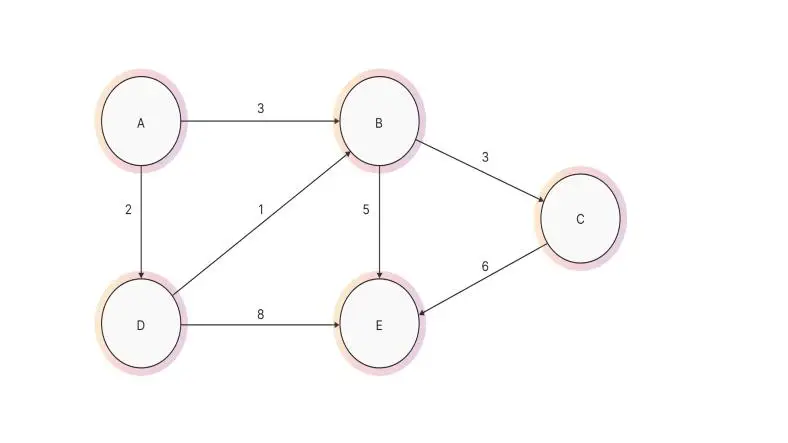Life is complex and ever-changing, and as we navigate through it, we often form perceptions and beliefs that shape how we view the world. Unfortunately, many of these beliefs are misconceptions that can hold us back, create unrealistic expectations, and lead to dissatisfaction.
Let’s uncover some of the biggest misconceptions people have about life and explore how to shift our mindset to live more authentically and purposefully.
1. Happiness Comes from External Factors
One of the most common misconceptions is that happiness is something we achieve once we attain certain milestones—wealth, success, a dream job, or the perfect relationship. While external accomplishments can bring temporary joy, true and lasting happiness comes from within.
The Truth:
- Happiness is a choice and a mindset, not a destination.
- Contentment and gratitude for what you already have are key components of happiness.
- Inner peace and self-acceptance outweigh material achievements.
2. Life Should Always Be Fair
Many people grow up believing that life rewards good behavior and punishes bad actions. While this belief can bring comfort, the truth is that life is unpredictable, and fairness is not guaranteed.
The Truth:
- Life doesn’t follow a strict moral code; circumstances often depend on chance, privilege, and timing.
- Accepting life’s unfairness allows you to focus on what you can control and let go of what you can’t.
- Resilience and adaptability are essential tools for navigating an imperfect world.
3. Success Equals Happiness
It’s easy to believe that climbing the corporate ladder, earning a certain income, or achieving societal definitions of success will automatically lead to happiness. However, many successful people still feel unfulfilled.
The Truth:
- Success without purpose or passion can leave you empty.
- True fulfillment comes from aligning your goals with your values and doing what you love.
- Success is subjective; your definition should be based on your own desires, not societal expectations.
4. You Have Plenty of Time
Many people procrastinate or put off their dreams, assuming they have all the time in the world to achieve them. This illusion can lead to regret when they realize too late how quickly time passes.
The Truth:
- Time is finite and unpredictable. Each day is an opportunity you’ll never get back.
- Taking small steps now, rather than waiting for the “right time,” can lead to long-term fulfillment.
- Living intentionally and prioritizing what truly matters can make your time more meaningful.
5. You Can Control Everything
Some believe that if they work hard enough or plan meticulously, they can control every aspect of their life. While effort and planning are essential, life is full of uncertainties.
The Truth:
- Control is an illusion; external events, other people’s actions, and unforeseen circumstances are beyond your power.
- Learning to go with the flow and adapt to change is more effective than trying to control everything.
- Focus on what you can control—your thoughts, actions, and reactions.
6. Mistakes Define You
Many people fear failure and believe that making mistakes is a sign of incompetence or weakness. This misconception often leads to perfectionism and self-doubt.
Google Ad 1
The Truth:
- Mistakes are a natural and necessary part of growth.
- Every failure is an opportunity to learn and improve.
- Your worth isn’t defined by your failures but by how you respond to them.
7. Other People Have It All Figured Out
In the age of social media, it’s easy to believe that everyone else has a perfect life. Highlight reels and curated posts create the illusion that others are happier, more successful, and more confident.
The Truth:
- Everyone has struggles, insecurities, and challenges, even if they don’t show them.
- Comparing yourself to others is futile and often leads to dissatisfaction.
- Focus on your own journey rather than comparing it to someone else’s.
8. You Need to Have Everything Figured Out
There’s a societal pressure to have a clear plan for your life—what career to pursue, when to marry, and how to achieve your goals. Many feel lost or inadequate if they don’t have all the answers.
The Truth:
- Life is a continuous journey of exploration and growth; you don’t need to have everything figured out.
- It’s okay to change your mind, pivot, and evolve over time.
- Embracing uncertainty can lead to unexpected opportunities and self-discovery.
9. People Will Always Understand You
Many believe that if they explain themselves well enough, others will always understand their feelings, intentions, or actions. This expectation often leads to frustration when miscommunication occurs.
The Truth:
- People view the world through their own experiences and biases, which can affect how they interpret your actions or words.
- Not everyone will understand or agree with you, and that’s okay.
- Focus on expressing yourself honestly and letting go of the need for external validation.
10. Life Should Be Free of Pain
People often strive to avoid pain, believing that a good life is one without suffering. However, pain is an inevitable part of the human experience and a catalyst for growth.
The Truth:
- Pain, loss, and hardship are unavoidable, but they can also lead to strength, resilience, and wisdom.
- Accepting pain as a natural part of life can help you navigate it with grace and courage.
- Joy and gratitude are often amplified when contrasted with moments of pain.
Conclusion
Misconceptions about life can create unrealistic expectations and lead to frustration and disappointment. By challenging these beliefs and embracing life’s realities, we can live more authentically, find peace in the present moment, and focus on what truly matters.
Understanding that life is imperfect, unpredictable, and ever-changing allows us to let go of illusions and approach each day with gratitude, purpose, and resilience. Ultimately, the key to living a fulfilling life is not in avoiding life’s challenges but in learning to navigate them with wisdom and grace.
Thanks for reading the article, for more lifestyle related articles read our peoples blog articles.















